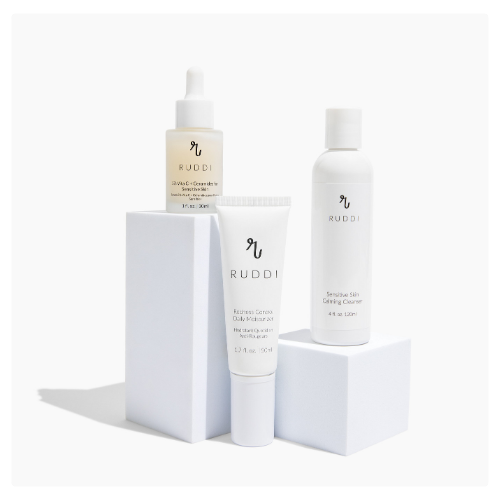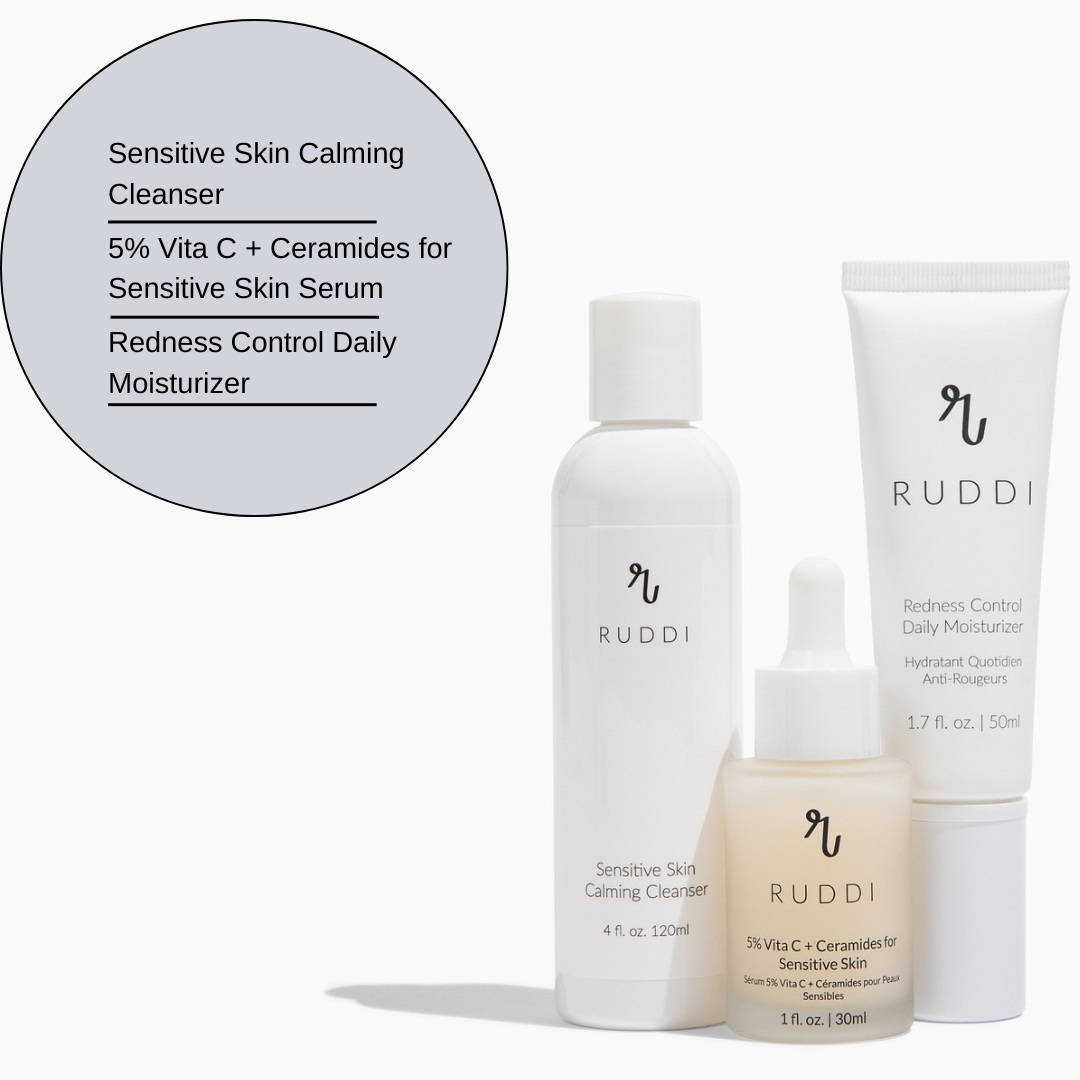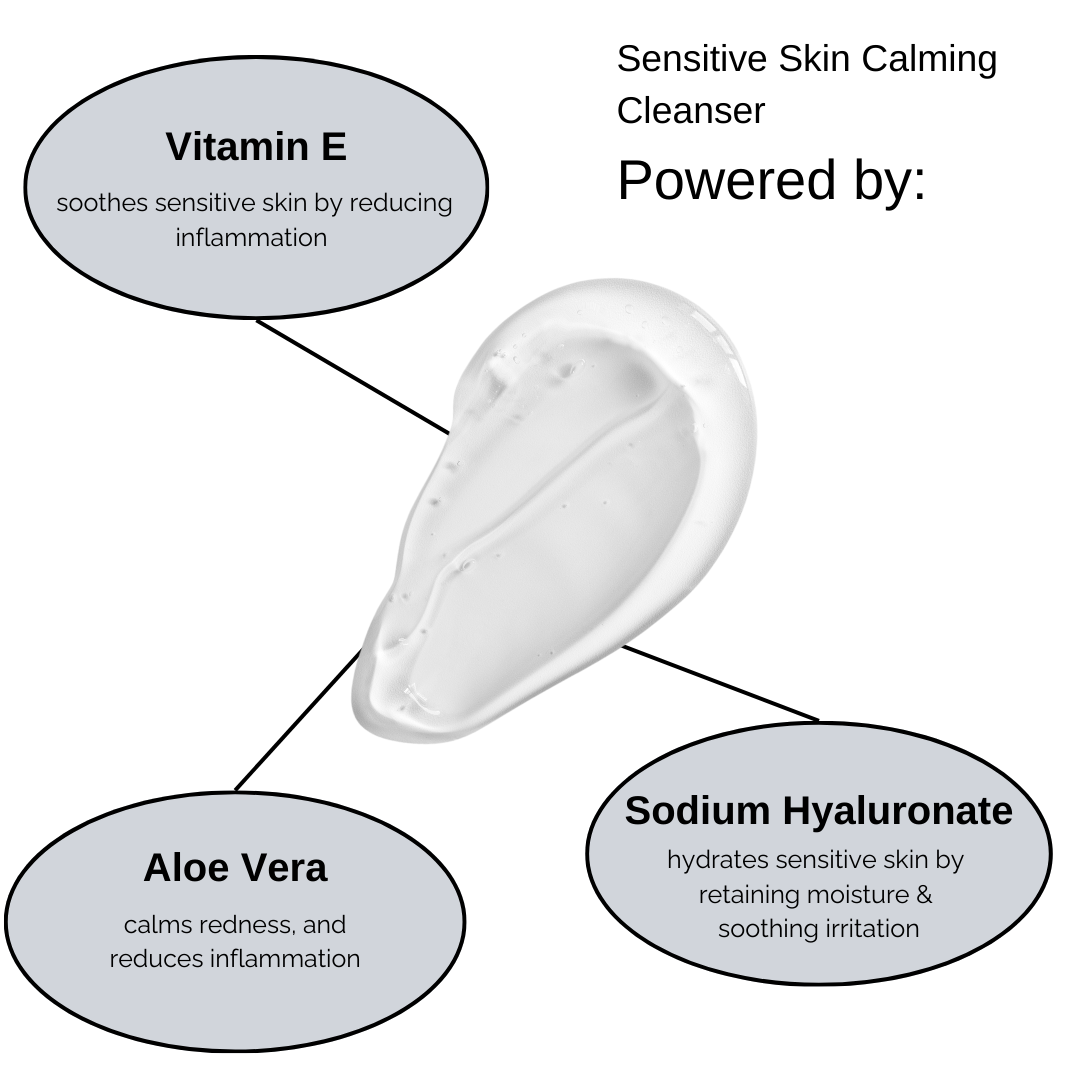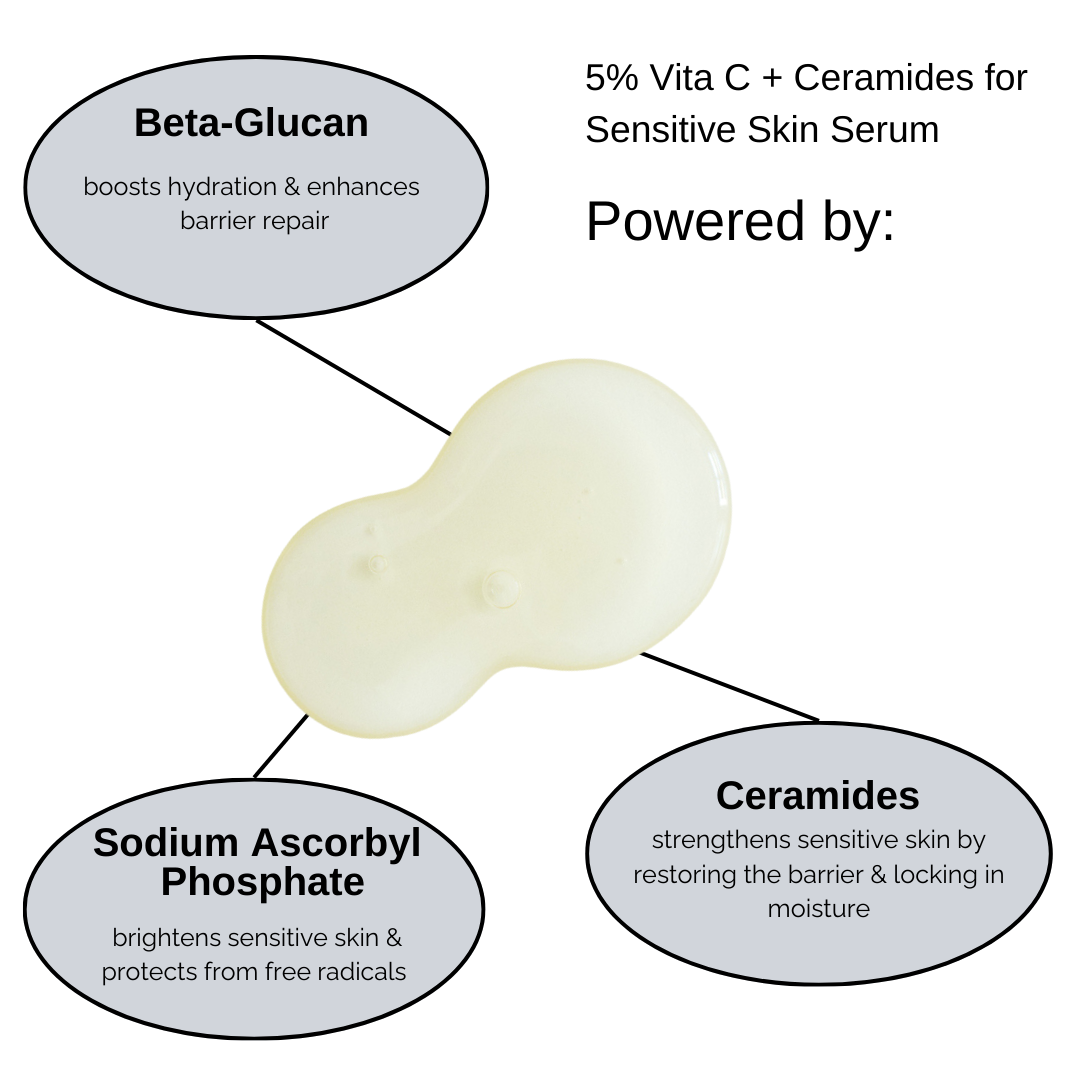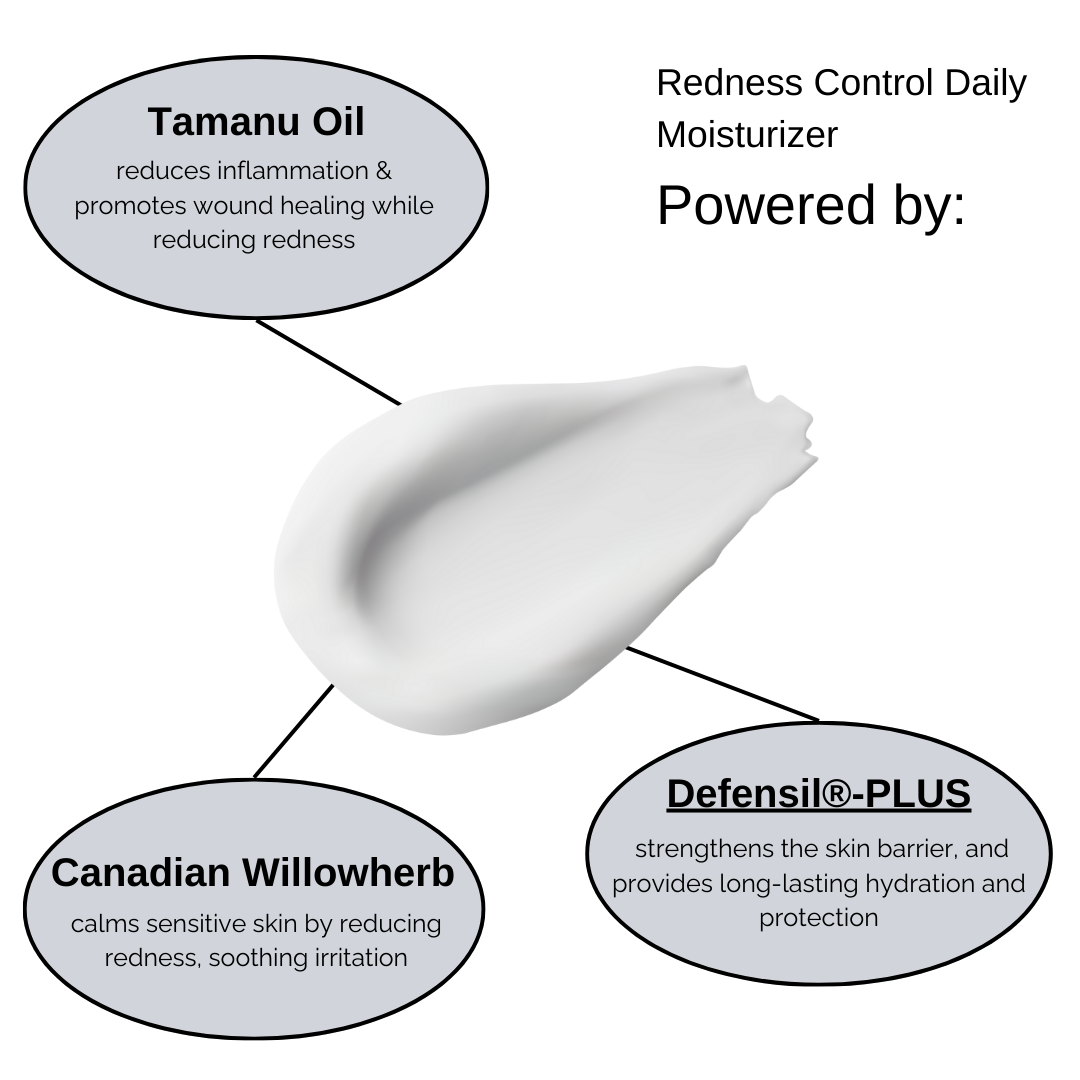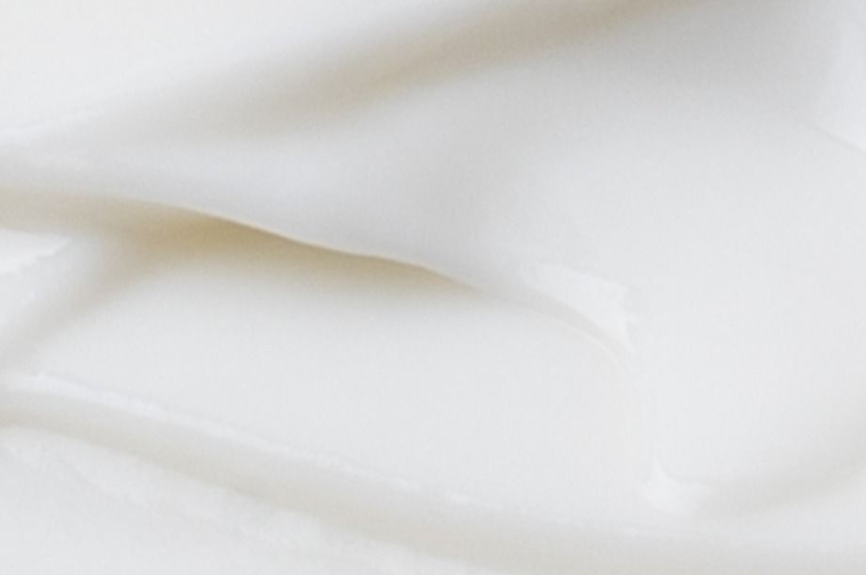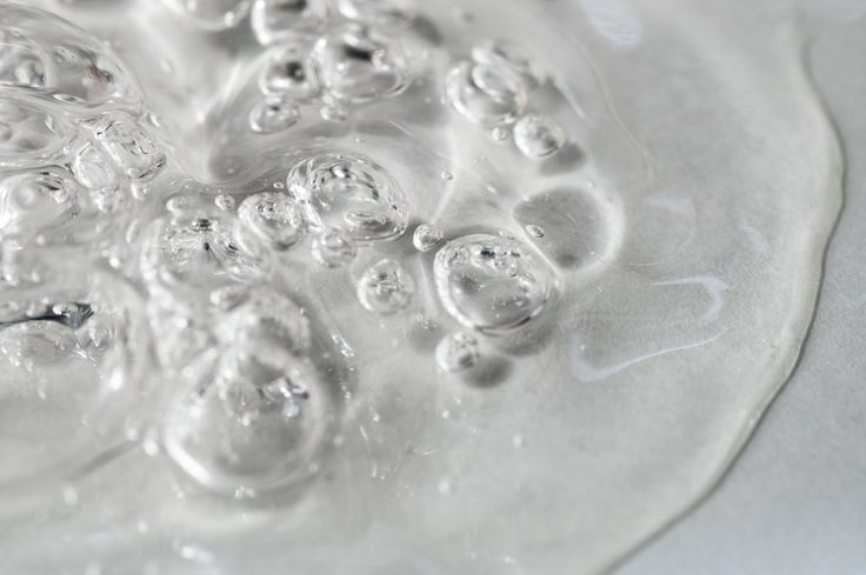
The Ultimate Guide to Hyaluronic Acid for Managing Rosacea
In this blog post, we will explore the benefits of hyaluronic acid for rosacea and how it can help improve the condition of your skin. What is Rosacea? Before we delve into the benefits of hyaluronic acid for rosacea, let's first understand what rosacea is.
Rosacea is a chronic skin condition that primarily affects the facial area, causing redness, visible blood vessels, and sometimes small, red, pus-filled bumps. It can also lead to a sensation of burning or stinging on the skin. While the exact cause of rosacea is unknown, factors such as genetics, environmental triggers, and inflammatory reactions have been linked to its development.
The Role of Hyaluronic Acid in Skincare: Hyaluronic acid is a naturally occurring substance in the skin that helps maintain hydration and plumpness. It has the ability to hold up to 1000 times its weight in water, making it an excellent hydrating ingredient for all skin types, including sensitive and rosacea-prone skin.
As we age or when our skin is compromised, the levels of hyaluronic acid in the skin decrease, leading to dryness, fine lines, and a dull complexion. By incorporating hyaluronic acid into your skincare routine, you can help alleviate these issues and improve the overall health of your skin.
Benefits of Hyaluronic Acid for Rosacea:
1. Hydration: Hyaluronic acid is a humectant, which means it attracts and retains moisture in the skin. Proper hydration is essential for managing rosacea symptoms such as dryness and irritation, as well as maintaining a healthy skin barrier.
2. Soothing and Calming: Hyaluronic acid has soothing properties that can help reduce redness and inflammation associated with rosacea flare-ups. Its lightweight texture makes it suitable for sensitive skin, providing a gentle and non-irritating hydration boost.
3. Anti-Aging: By improving skin hydration and elasticity, hyaluronic acid can help reduce the appearance of fine lines and wrinkles, which are common concerns for individuals with rosacea. Its plumping effect can also create a smooth canvas for makeup application.
How to Incorporate Hyaluronic Acid into Your Skincare Routine: When choosing skincare products containing hyaluronic acid for rosacea, opt for gentle formulations free from potential irritants such as fragrances, alcohol, and harsh preservatives.
Consider integrating a hyaluronic acid serum, moisturizer, or mask into your routine to reap its hydrating benefits. It's important to note that while hyaluronic acid can be a beneficial addition to your skincare regimen, it should not be used as a standalone treatment for rosacea.
Consult with a dermatologist or skincare professional to develop a comprehensive plan that addresses your specific skin concerns and needs. In conclusion, hyaluronic acid is a versatile ingredient that can benefit individuals with rosacea by providing essential hydration, soothing properties, and anti-aging effects. By incorporating hyaluronic acid into your skincare routine and following a customized approach to managing rosacea, you can improve the condition of your skin and enhance your overall complexion.

